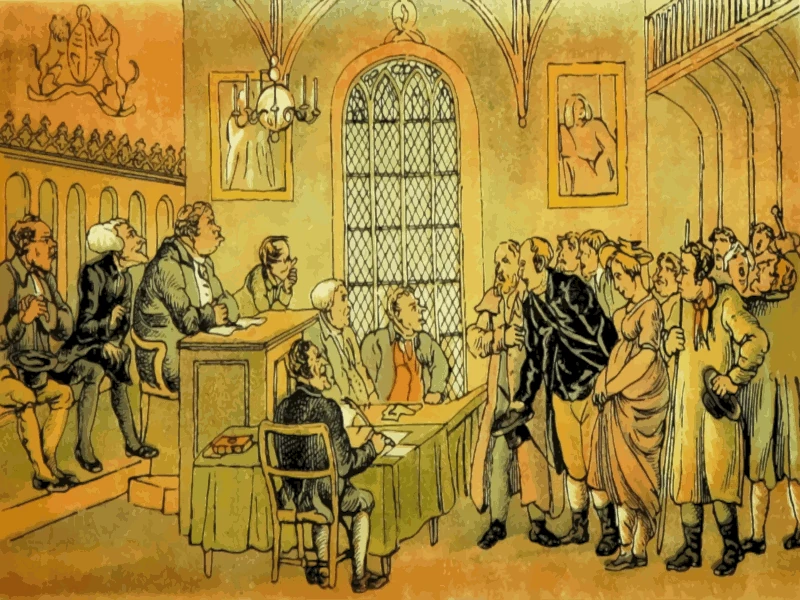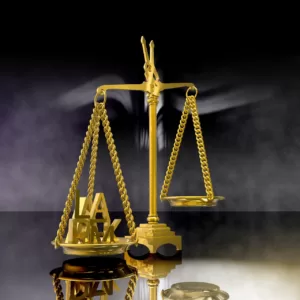The principles of natural justice have been evolved by the Courts for the purpose of controlling the exercise of power so that it does not lead to arbitrariness of despotic use of power. One of such principles is the principle of audi alteram partem which requires that no one shall be condemned unheard and it has received its finest flowering in the recognition and enforcement of the doctrine of post-decisional hearing. If in a given case prior hearing would frustrate the object and purpose of the exercise of power, it can be dispensed with but in that event it must be substituted by post-decisional hearing.
The doctrine of post-decisional hearing was propounded by the Supreme Court in Maneka Gandhi v. Union of India 1978, In this case, the Supreme Court laid down the principle that if in ‘public interest’ immediate action was indispensable and it is impracticable to afford a hearing before the decision, it should be afforded after the decision. The passport of the petitioner-journalist was impounded by the Government of India in the interest of public safety. The petitioner was not given any opportunity before taking the impugned action. When the validity of the impoundment order was challenged, the Government contended that the application of the audi alteram partem rule would have frustrated the very purpose of impounding passport. Even though the Supreme Court rejected the contention, it accepted the doctrine of post-decisional hearing in cases of exceptional nature. It laid down the proposition that where in an emergent situation, requiring immediate action it is not possible to give prior notice of hearing the preliminary action should be soon followed by a full remedial hearing.
In Liberty Oil Mills v. Union of India 1984, an order of investigation was challenged on the ground of non-compliance with the principles of natural justice. The Supreme Court observed that “It may be that the opportunity to be heard may not be pre decisional; it may necessarily have to be post-decisional where the danger to be averted is imminent, or the action to be taken can brook no delay. If an area is devastated by flood, one cannot wait to issue show cause notice for requisitioning vehicles to evacuate population. If there is an outbreak of epidemic, we presume one does not have to issue to show-cause notices to requisition beds in hospitals, public or private. In such situations, it may be enough to issue post-decisional notices proving for an opportunity.
The doctrine of post-decisional hearing has been given a very logical exposition in Charan Lal Sahu v. Union of India 1990, which is a case relating to Bhopal Gas Disaster (Processing of Claims) Act, 1985. The Supreme Court held that a general rule different from absolute rule applying uniformly is that where the statute does not exclude the rule of pre-decisional hearing, but contemplates post-decisional hearing which amounts to full review of the merits of original order, then such a statute would be construed in such a way that it excludes audi alteram partem rule at the stage of pre-decisional hearing. If the statute is silent on the point of giving pre-decisional hearing, then administrative action after post-decisional hearing is valid.
_________________________________________________________



